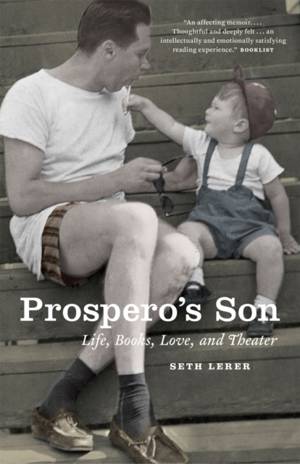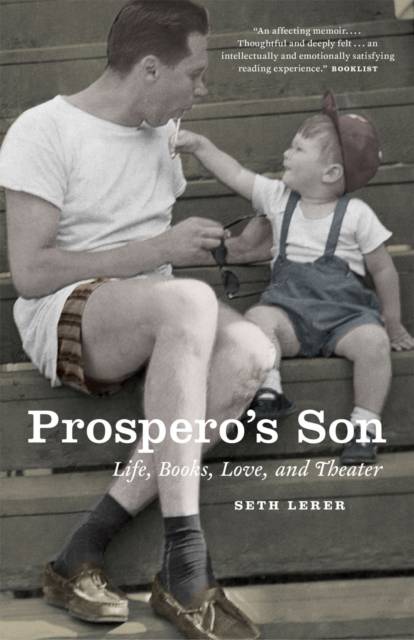
- Afhalen na 1 uur in een winkel met voorraad
- Gratis thuislevering in België vanaf € 30
- Ruim aanbod met 7 miljoen producten
- Afhalen na 1 uur in een winkel met voorraad
- Gratis thuislevering in België vanaf € 30
- Ruim aanbod met 7 miljoen producten
Zoeken
Omschrijving
"This book is the record of a struggle between two temperaments, two consciousnesses and almost two epochs." That's how Edmund Gosse opened Father and Son, the classic 1907 book about his relationship with his father. Seth Lerer's Prospero's Son is, as fits our latter days, altogether more complicated, layered, and multivalent, but at its heart is that same problem: the fraught relationship between fathers and sons. At the same time, Lerer's memoir is about the power of books and theater, the excitement of stories in a young man's life, and the transformative magic of words and performance. A flamboyantly performative father, a teacher and lifelong actor, comes to terms with his life as a gay man. A bookish boy becomes a professor of literature and an acclaimed expert on the very children's books that set him on his path in the first place. And when that boy grows up, he learns how hard it is to be a father and how much books can, and cannot, instruct him. Throughout these intertwined accounts of changing selves, Lerer returns again and again to stories-the ways they teach us about discovery, deliverance, forgetting, and remembering. "A child is a man in small letter," wrote Bishop John Earle in the seventeenth century. "His father hath writ him as his own little story." With Prospero's Son, Seth Lerer acknowledges the author of his story while simultaneously reminding us that we all confront the blank page of life on our own, as authors of our lives.
Specificaties
Betrokkenen
- Auteur(s):
- Uitgeverij:
Inhoud
- Aantal bladzijden:
- 168
- Taal:
- Engels
Eigenschappen
- Productcode (EAN):
- 9780226142234
- Verschijningsdatum:
- 22/03/2014
- Uitvoering:
- Paperback
- Formaat:
- Trade paperback (VS)
- Afmetingen:
- 134 mm x 218 mm
- Gewicht:
- 217 g

Alleen bij Standaard Boekhandel
+ 57 punten op je klantenkaart van Standaard Boekhandel
Beoordelingen
We publiceren alleen reviews die voldoen aan de voorwaarden voor reviews. Bekijk onze voorwaarden voor reviews.











